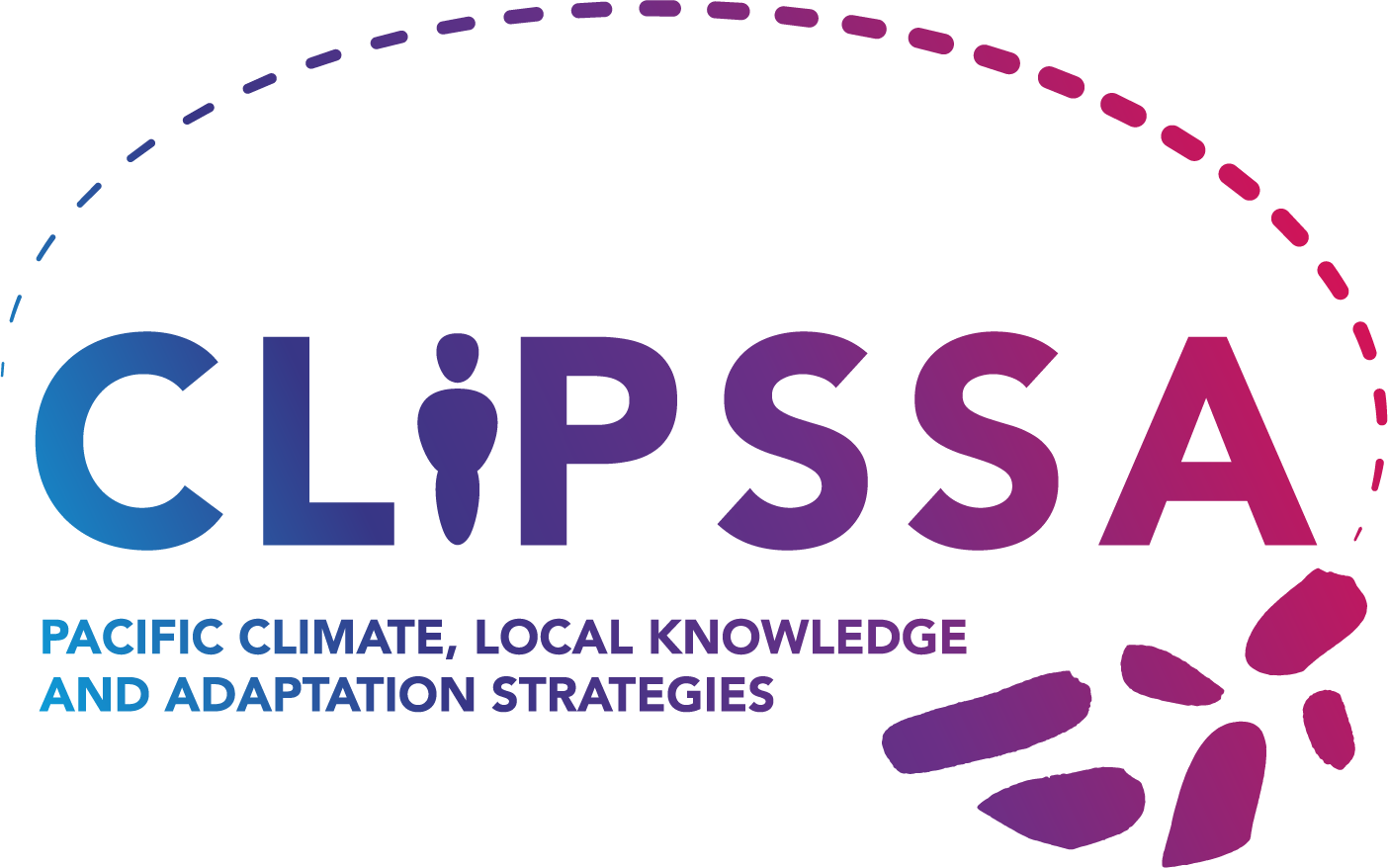Part-time internship by Ilona Da Cruz Gerngross
University of New Caledonia
April to June 2024
Supervisor: Fleur Vallet (IRD)
The aim of this internship was to analyse and propose ways of improving the inclusion of young people in the consultation and development processes for the country’s climate change adaptation strategy in New Caledonia.
The study began by examining the local context of climate change, the political context in this area, and the place of young people in climate issues and New Caledonian society.
Context
The issue of climate change now occupies a central place in global debates, prompting reflection on its multi-dimensional impact. Young people are still often excluded from public debates, perceived as lacking the knowledge, reflection, experience, or ideas needed to play a legitimate role in society. However, their inclusion is crucial, as young people are both the most exposed to future climate change and the leaders of tomorrow. They have diverse vulnerabilities and strengths that it is important to consider in order to support fair and relevant adaptation.
Within the international framework for adaptation to climate change, countries are developing strategies to respond in a targeted way to adaptation needs tailored to the local context. Located in the South Pacific, a region where vulnerabilities to climate change are exacerbated by geographical and socio-economic factors, New Caledonia is threatened by consequences that remain insufficiently understood in some respects, both by the general population and by the scientific community.
In the complex context of New Caledonia, the Government has decided to draw up a Climate Change Adaptation Strategy to guide adaptation actions at the territorial level. This strategy could be implemented through a climate change adaptation plan. This initiative requires coordination between government, scientists, the private sector, and citizens.
Involving young people in adapting to climate change in New Caledonia
For this study, it was necessary to carry out a literature review on a global scale, an inventory of the place of young people in New Caledonia and the identification of actors with relevant potential to support the integration of young people.
On the one hand, the literature review showed that in the Pacific, numerous actions have enabled young people to participate in adaptation strategies, notably in the Marshall Islands, Vanuatu and Fiji, with educational, training and capacity-building projects, adaptation and awareness-raising initiatives, or the training of young people to become community leaders.
The Maldives, Madagascar, and Costa Rica are also establishing educational programmes and public consultations, beach clean-up campaigns, and youth participation in climate automation and gender equality efforts.
New Caledonia has already implemented several plans, notably the Youth Plan, which aims to structure youth policies, encourage young people’s autonomy and responsibility, and promote their social recognition.
In addition, it is important to identify the various key players in this field to ensure the successful integration of young people into the adaptation process: political players, civil society organisations, research centres, the private sector, international bodies, funding agencies, existing platforms and initiatives.
Case studies: students at the University of New Caledonia
A survey of students at the University of New Caledonia was carried out and supplemented by literature reviews. In summary, students‘ levels of knowledge and personal involvement in local climate issues varied greatly from one individual surveyed to another, demonstrating the heterogeneity of young people but also a lack of specific education and awareness-raising adapted to this level according to the students’ perceptions. Finally, this study is an initial exploratory approach to students’ relationship with climate change.
Suggestions for integrating young people into the development of the country’s climate change adaptation strategy:
Suggestions for the Adaptation Plan were formulated based on literature reviews, comments from students and personal observations in the field. The objectives and benefits of these recommendations and the conditions for success can be found here.
– Create a Youth Climate Council
– Create a network of players working with and for young people
– Strengthen climate education and awareness-raising among young people
– Create and/or expand attractive events on climate issues
– Develop opportunities for young people to get involved and take action (Integrate young people as proactive players in society, benefit from the energy and skills of young people to generate and create a synergy of commitment: the more young people there are, the more commitment there will be)
– Effective, targeted communication (making information available to young people and improving their ability to grasp the issues).
In conclusion, the participation of students at the University of New Caledonia and young people in general is vital to building a resilient future in the face of climate challenges in New Caledonia. Young people’s commitment, creativity, and innovative visions are invaluable assets in identifying effective solutions tailored to local realities.
